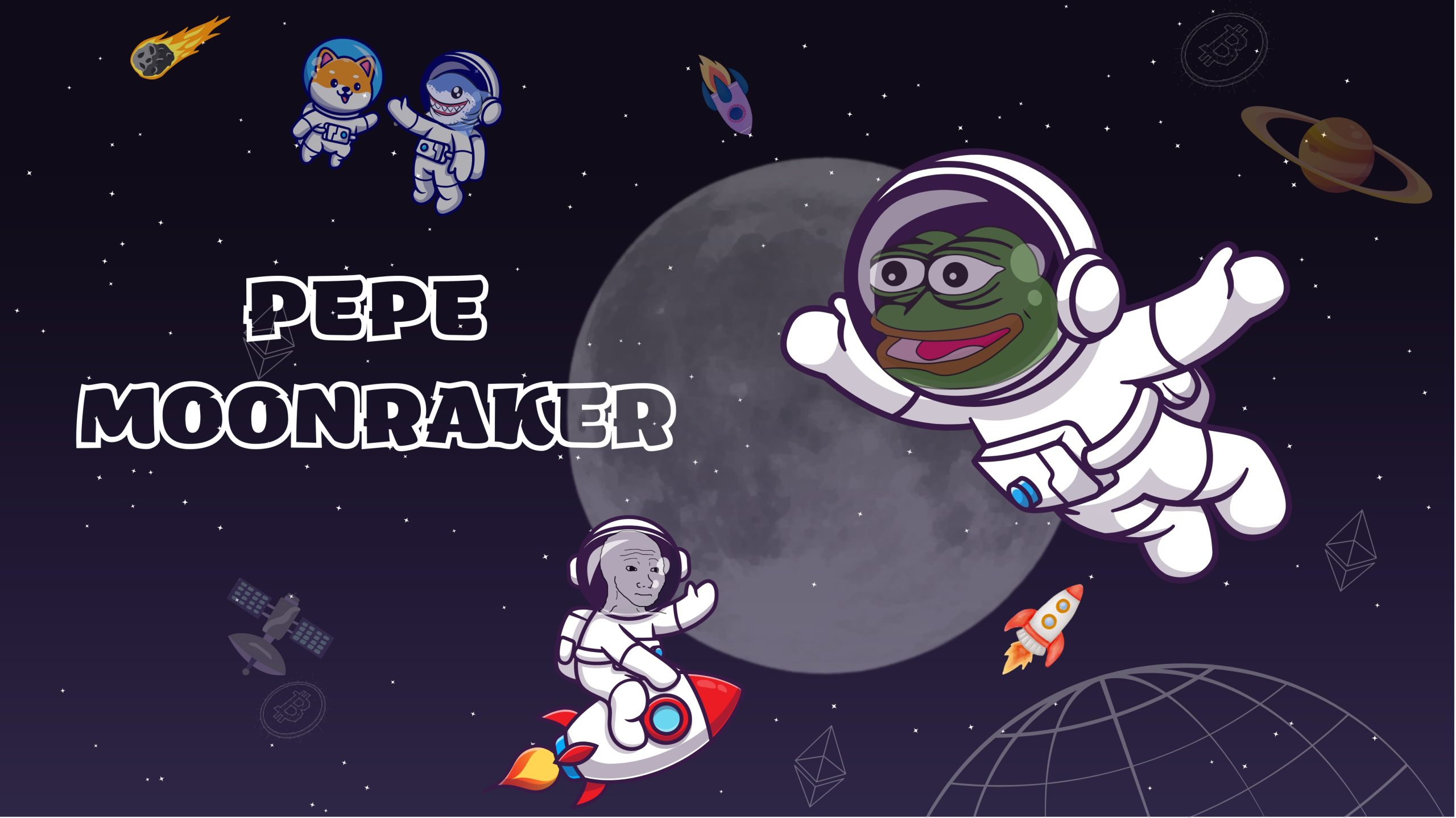In the rapidly evolving world of automotive technology, one force is quietly yet profoundly reshaping the industry: blockchain. Originally associated with cryptocurrencies like Bitcoin, blockchain technology has evolved far beyond digital currencies. Today, it stands at the forefront of innovation, revolutionizing the automotive industry in ways previously unimaginable.
A New Era of Transparency and Trust
At its core, blockchain is a decentralized digital ledger that records transactions across multiple computers in a way that ensures data integrity and security. In the automotive industry, this technology is proving invaluable for enhancing transparency and trust—two elements that are increasingly critical in a market defined by complex global supply chains.
One of the most significant applications of blockchain in the automotive sector is in the supply chain. Traditionally, the automotive supply chain involves numerous intermediaries, from raw material suppliers to parts manufacturers and distributors. Tracking the origin of components and ensuring their authenticity can be a logistical nightmare. Here, blockchain comes to the rescue by providing a tamper-proof record of every transaction that occurs along the supply chain.
Imagine a car manufacturer needing to trace the origin of a specific component. With blockchain, they can instantly access a secure and immutable record that details every step in that component’s journey—from the source of the raw materials to the final assembly. This level of transparency not only reduces the risk of counterfeit parts but also enhances the manufacturer’s ability to ensure quality control and compliance with industry standards.
Beyond quality control, blockchain is increasingly being leveraged to enhance ethical sourcing within the automotive industry. As consumers and regulatory bodies demand greater accountability regarding the origins of materials, particularly those that are environmentally sensitive or involve conflict zones, blockchain’s immutable ledger provides a way to verify the source of every component used in vehicle production. This is crucial in an era where sustainability and corporate responsibility are not just buzzwords but pivotal aspects of brand reputation and legal compliance.
Revolutionizing Automotive Financing and Ownership
Blockchain’s impact extends beyond the production line. In the realm of automotive financing and ownership, this technology is poised to disrupt traditional models by offering more efficient, transparent, and secure alternatives.
One such application is the concept of smart contracts—self-executing contracts with the terms of the agreement directly written into code. In the context of automotive financing, smart contracts can automate the execution of lease agreements, loan repayments, and even vehicle insurance. For instance, a smart contract could be programmed to automatically transfer ownership of a vehicle to the buyer once the final payment is made or to adjust insurance premiums in real-time based on the car’s usage and driving behavior.
This automation can significantly reduce administrative overhead and the risk of human error, streamlining the entire financing process. Banks and financial institutions are particularly interested in blockchain’s potential to mitigate fraud, reduce processing times, and offer real-time settlement of transactions, which can lead to lower costs for consumers and higher efficiencies for service providers.
Moreover, blockchain is paving the way for new ownership models such as fractional ownership and peer-to-peer car sharing. With blockchain, ownership of a vehicle can be divided into digital shares, allowing multiple people to co-own a car and share its costs. Blockchain ensures that all transactions related to the vehicle—such as usage, maintenance, and revenue from rentals—are transparently recorded and distributed among the owners. This could revolutionize urban mobility, making car ownership more accessible and affordable, particularly in densely populated cities where the cost of vehicle ownership is prohibitive.
In the evolving landscape of automotive services, blockchain could also enable seamless, decentralized car rental platforms where users can rent vehicles directly from owners without the need for intermediaries. This model not only democratizes access to vehicles but also allows vehicle owners to monetize their assets more efficiently.
Enhancing Vehicle Security and Data Privacy
In an era where vehicles are increasingly connected and autonomous, ensuring the security of vehicle data has become paramount. Here, blockchain offers a robust solution by providing a secure and decentralized platform for managing vehicle data.
For example, blockchain can be used to securely store and share data collected by autonomous vehicles, such as sensor data, driving patterns, and maintenance records. This data, crucial for improving the performance and safety of autonomous vehicles, can be shared among manufacturers, regulators, and insurers without compromising privacy or security. Blockchain’s decentralized nature ensures that no single entity controls the data, reducing the risk of data breaches and unauthorized access.
Additionally, blockchain can play a pivotal role in protecting the software integrity of connected vehicles. With the rise of over-the-air (OTA) software updates, ensuring that these updates are authentic and free from tampering is crucial. Blockchain can create a secure and verifiable record of software updates, providing vehicle owners with the assurance that their vehicle’s software has not been compromised.
The role of blockchain in data security extends to the vehicle’s interaction with its environment, particularly as vehicles become more integrated with smart city infrastructure. For instance, blockchain could facilitate secure, real-time communication between vehicles and traffic management systems, enabling more efficient routing, better traffic flow management, and enhanced safety through the immediate sharing of critical information, such as accident reports or hazardous road conditions.
Furthermore, the integration of blockchain with advanced encryption methods could revolutionize the way personal data is handled in connected vehicles. As vehicles collect vast amounts of data on passengers, from biometric information to travel habits, the need for secure data storage and management has never been greater. Blockchain can ensure that this data is anonymized and accessible only by authorized parties, thereby protecting passengers’ privacy and preventing unauthorized access.
Blockchain in Automotive Manufacturing and Innovation
Beyond its use in supply chain management, financing, and security, blockchain is also driving innovation within automotive manufacturing itself. Manufacturers are exploring the use of blockchain to enhance collaboration across global R&D teams, enabling seamless and secure sharing of intellectual property, design blueprints, and production data. This is particularly relevant as the automotive industry increasingly adopts collaborative innovation models, where multiple entities—sometimes across different countries—contribute to the development of new technologies.
By ensuring that all contributions are accurately tracked and attributed, blockchain can protect the intellectual property of all parties involved, fostering a more open and innovative environment. This could accelerate the development of cutting-edge technologies such as electric vehicles (EVs), autonomous driving systems, and next-generation battery technologies, as manufacturers can collaborate more effectively without the risk of losing their competitive edge.
Moreover, blockchain’s potential to integrate with the Internet of Things (IoT) is opening new avenues for real-time monitoring and predictive maintenance in automotive manufacturing. By embedding IoT sensors in production lines and linking them with blockchain, manufacturers can create an immutable record of every step in the production process. This not only ensures that quality standards are met but also enables predictive maintenance by identifying potential issues before they result in costly downtime.
Driving the Future
As the automotive industry continues to evolve, the integration of blockchain technology promises to drive significant advancements in transparency, security, and efficiency. From revolutionizing supply chains to enabling new ownership models and enhancing vehicle security, blockchain is steering the industry toward a future defined by innovation and trust.
While the widespread adoption of blockchain in the automotive industry is still in its early stages, its potential is undeniable. As more manufacturers, suppliers, and consumers recognize the benefits of blockchain, this technology is set to become a cornerstone of the automotive ecosystem, driving the future of transportation in ways we are only beginning to imagine.
In this new era, blockchain is not just an engine of change; it is the very road upon which the future of the automotive industry will travel. As it continues to evolve and integrate with other emerging technologies like AI, IoT, and 5G, blockchain’s role will only grow more critical, ushering in a new age of smart, secure, and sustainable mobility.


